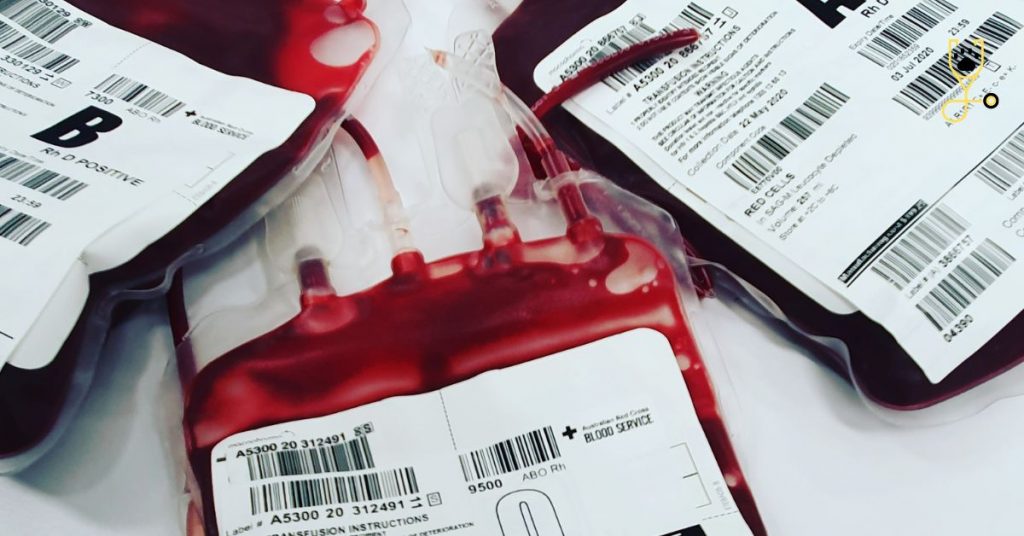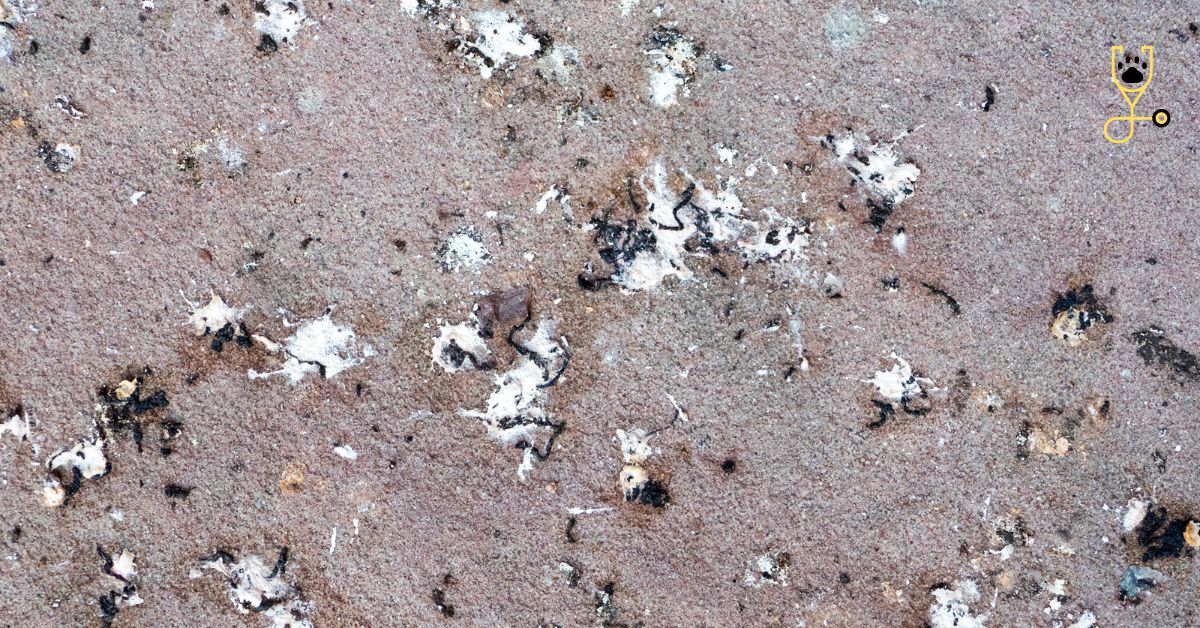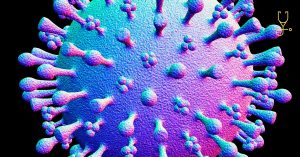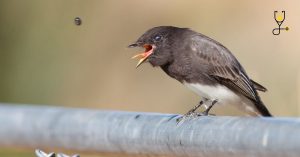Are you worried about your pet’s health? Do you have a bird and want to ensure they are thriving and happy in its environment? It can often be difficult to determine how our feathered friends are doing — their chirps do not always convey what we need to know. Luckily, there is one subtle indicator that can tell us exactly how your bird is feeling: its droppings. While it may sound gross, examining the droppings of your feathery companion can provide invaluable insight into their health. Here are 9 Tips With examples for monitoring changes in your bird’s dropping so you can make sure they’re as healthy and happy as possible!

What are droppings?
Droppings, also known as excrement, are the waste products produced by all vertebrates. In birds, droppings are made up of a combination of feces and urates (an acidic product that is created when eliminating ammonia from the body) which can be light or dark in color. They should have a pasty consistency and often contain seeds or other undigested material.
8 tips for monitoring changes in your bird’s droppings
1. Monitor Consistency
The consistency of bird droppings can provide clues to their internal health. For instance, watery droppings may indicate parasites or infection while dry droppings may mean your bird isn’t getting enough fluids and needs more fresh fruits and vegetables in its diet.
2. Check the Color
The color of your bird’s droppings can also provide insight into its health. White or yellow urates may indicate a kidney infection, while dark or clay-colored feces could point to liver problems.
3. Look for Changes in Quantity
If you notice that your pet is producing more droppings than usual, it could mean something is wrong with their digestive tract. Excess droppings often point to an underlying condition such as respiratory or digestive infections, allergies, parasites, and other medical issues.
4. Check for Unusual Odors
Unpleasant odors are often a sign of a problem with digestion or bacteria within the intestinal tract. Be sure to monitor your bird’s droppings regularly and consult with a veterinarian if the smell is particularly strong or if you notice any other changes.
5. Examine for Blood
Blood in bird droppings may indicate a number of different issues, from parasites to tumors. If you notice that your pet’s droppings are tinged with red, it’s important to seek veterinary care right away.

6. Pay Attention to the Frequency
Monitoring the frequency of your bird’s droppings can be helpful in determining its overall health status. Generally speaking, healthy birds defecate anywhere from two to six times a day and urinate around once every 10-15 minutes while active.
7. Look for Signs of Mites & Parasites
Mites and parasites often leave signs in the form of white specks in bird droppings. They can cause a variety of health issues such as respiratory infections, anemia, and even death if left untreated.
8. Monitor Over Time
Changes in your bird’s droppings can occur slowly over time, so it is important to be vigilant and keep track of any subtle alterations you may see. By regularly monitoring your pet’s dropping, you can ensure they are getting the care they need to stay healthy and happy!
9. Monitor for Other Symptoms
In addition to paying attention to changes in your bird’s droppings, be sure to watch out for other symptoms like decreased appetite, lethargy, or ruffled feathers that may indicate a larger health issue.
How to Recognize Changes in Your Bird’s Droppings?
With a few basic tips, you can keep an eye on your bird’s droppings and better understand their health. By paying attention to subtle changes in color, consistency, quantity, frequency, and odor you can easily recognize when something isn’t quite right with your feathered friend. It is also important to keep track of any other symptoms and be sure to consult with a veterinarian when in doubt. By closely monitoring droppings, you can make sure they’re as healthy and happy as possible!
Also read: All About Bird Health Issues You Should Know About
Timely Treatment is Key
When it comes to your bird’s droppings, early detection and timely treatment are key. By paying close attention to changes within their feces you can spot potential health issues before they become more serious. So don’t forget to monitor your pet’s droppings regularly and get them the help they need when necessary.
Also read: Why Birds Need Annual Vet Visits!
With a little diligence, you can make sure that your birds have happy and healthy lives! Remember, by monitoring their droppings and other symptoms closely, you can easily recognize when something isn’t quite right and be sure to get them the help they need in a timely manner. Happy bird-watching!
Conclusion
Your bird’s droppings can tell you a lot about its overall health. By monitoring changes in color, consistency, quantity, frequency, odor, and other symptoms you can easily recognize when something isn’t quite right with your feathered friend. To ensure your pet’s well-being, it is important to seek help from a veterinarian if you notice any drastic or unusual changes within the droppings or other signs of illness. With a little diligence and timely treatment, you can make sure that your birds have happy and healthy lives!
Good luck!
Frequently Asked Questions
1. How often should I monitor my bird’s droppings?
It is recommended that you examine your pet’s droppings daily to look for changes in color, consistency, frequency, and odor. If you notice any unusual or drastic changes, be sure to consult with a veterinarian right away.
2. What are some signs that something may be wrong?
Signs that something may be wrong could include a sudden change in the size or shape of droppings, an increased amount of urates, or a decrease in the overall quantity of droppings produced. In addition to these physical changes, other symptoms such as decreased appetite or ruffled feathers can also indicate potential health issues.
3. Is it normal for my bird’s droppings to have white specks?
It could be normal for your bird’s droppings to contain white specks, but it is important to remember that this can also be a sign of an underlying health issue such as mites or parasites. If you notice any unusual changes in your pet’s droppings, it is best to consult with a veterinarian right away.
4. How can I tell if my bird needs medical attention?
If you notice any drastic or unexpected changes in the color, consistency, quantity, frequency, and odor of your bird’s droppings, then it is important to seek medical attention from a veterinarian right away. In addition, other symptoms such as lethargy, decreased appetite, or ruffled feathers can also indicate a potential health issue. It is best to get your pet checked out as soon as possible if you notice any of these signs.
5. What should I do to ensure the health of my bird?
To ensure the health of your bird, it is important to monitor their droppings daily and seek medical attention if you notice any drastic changes. Additionally, providing a balanced diet and plenty of exercises can go a long way in keeping your pet healthy and happy. Lastly, be sure to consult with a veterinarian if you have any concerns or questions about your feathered friend’s well-being. Good luck!
The bottom line
By monitoring changes within their feces, you can easily recognize when something isn’t quite right with your feathered friend. Timely treatment is key to ensuring your pet’s health and well-being, so be sure to seek help from a veterinarian if you notice any drastic or unusual changes in their droppings or other signs of illness. With a little diligence and timely treatment, you can make sure that your birds have happy and healthy lives! Good luck!








